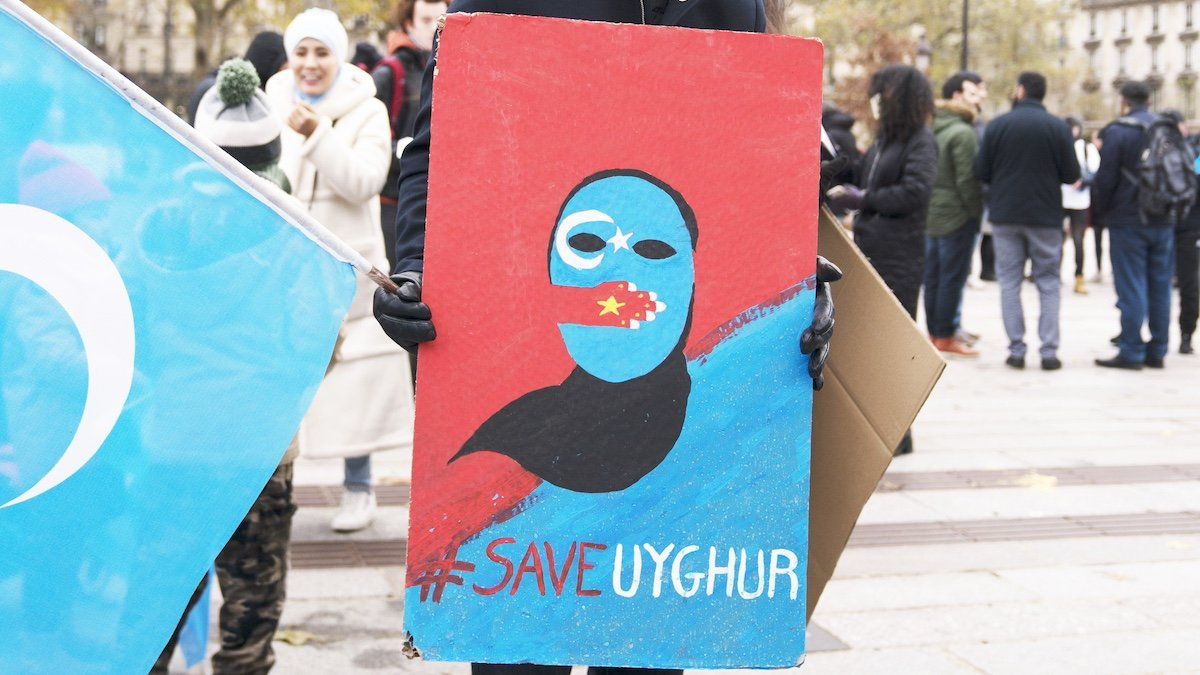0: Is Canada complying with its obligation, under the revamped NAFTA accords, to stop importing goods that are made with forced labor? A Politico report earlier this week suggested Canadian border services officials were starting to detain shipments from Western China, where Beijing is accused of using slave labor among the Uighur population. But the Globe and Mail reports that zero imports have so far been rejected. Of particular concern are exports of relatively inexpensive Chinese solar panels, which have helped businesses and homes wean themselves off fossil fuels without breaking the bank.
7: Speaking of China, authorities are probing the cause of a massive explosion on Thursday at a fried chicken restaurant near Beijing that left at least 7 people dead and 27 injured. The incident comes amid a big safety crackdown on restaurants following a fatal gas explosion at a barbecue restaurant last year. Crispy fact: Fried chicken is wildly popular in China – KFC was the first US fast food chain to open in China when the country opened up in 1978.
795,000: The US imports an average of about 795,000 head of cattle from Canada every year, but there’s a fresh beef this week over new meat labeling requirements in the US. The Biden administration on Monday issued new rules that permit sellers to label their products as “made in the USA” only when the animals were born, raised, slaughtered, and packaged within the 50 states. The Canadian meat industry says the new rules will depress Canadian exports and raise prices for American meat-lovers.
1: A study in Alberta has determined that even if renewable energy sources grew rapidly, they would still take up less than 1% of the sprawling province’s land two decades from now. The findings come amid a frothy local debate about the merits of giving precious farmland to cows, crops, or wind farms. The government recently imposed a moratorium on the use of any prime land for renewables until a consensus is reached.
7,000: Border patrol in the Swanton Sector, which touches the US states of New York, Vermont, and New Hampshire,
arrested some 7,000 migrants trying to cross illegally into the United States last year, more than in the past 12 years
combined. With so much attention on the US southern border, migrants (and human traffickers) are setting their sights up north. To put those 7,000 in perspective, in December alone, US border agents
encountered 250,000 undocumented migrants entering from Mexico.
